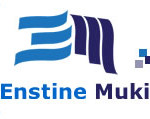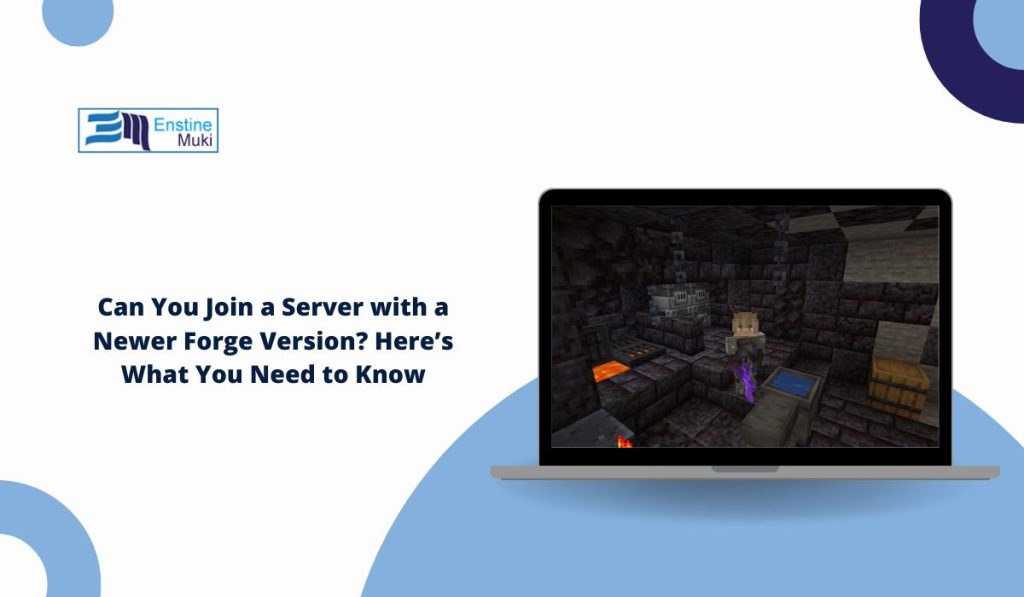Trying to join a Minecraft server using a different Forge version than the one it’s running? You’re not the only one. Many players encounter version errors when attempting to play modded Minecraft with friends or on public servers.
You might be using a newer Forge build and wondering if it’ll work without changing anything. Let’s review what happens, why it matters, and how to address the issue.
What Is Forge and Why Is Matching Versions So Important?
Forge is a mod loader that connects Minecraft with mods. It controls how mods load and how they interact with the game.
Each version of Minecraft needs a matching version of Forge. Even a small change, like 47.1.1 to 47.1.2, can break things.
That’s because mods are built for specific Forge versions. If the client and server are using different builds, Minecraft may not load the mods correctly. It can lead to loading errors, crashes, or complete connection failure.
What Happens If You Use a Newer Forge Version?
Using a newer Forge version than the server may seem harmless, but it causes real problems:
- The client may fail to connect
- Mods could break or act weird
- Some textures might not load
- The server may reject you or crash
Forge doesn’t support backwards compatibility the way vanilla Minecraft plugins sometimes do. If a mod uses a newer Forge feature that the server doesn’t support, it simply won’t work.
Sometimes you might connect, but once you start interacting with the world, things go wrong fast.
Do Forge Mods Work Across Different Versions?
Forge mods typically do not work across different versions unless the mod author has created a separate version for each one.
Mods are built to work with a specific version of Forge and Minecraft. Even if two versions seem close, like Forge 47.0.0 and 47.1.0, the mod might not load properly if its code depends on changes made in one of those versions.
Sometimes, mods get “backported,” meaning the developer creates an older version of the mod that runs on a past Minecraft version. But that doesn’t mean the same file will work across versions.
Most mods fail to load or crash the game if you use them on a different Forge version than the one they were made for. That’s why you must always check the mod’s page for the correct version and not assume that newer or older builds will work.
Can You Connect If Forge Versions Are Close?
Yes, sometimes it might work if:
- Minecraft versions are the same (like both 1.20.1)
- The mod list is simple or identical
- The Forge versions are only one or two builds apart
- The mods don’t rely on features changed in newer Forge versions
Still, it’s risky. Even a slight mismatch can break your connection or gameplay. Always test before playing on big servers.
Best Way to Join a Forge Server Safely
To make sure everything works right, here’s what you should do:
1. Match the Minecraft and Forge versions
To avoid problems, always match both the Minecraft version and Forge version between your client and the server.
This is the most critical step to ensure the game runs without crashes or mod loading errors. If your server is running Minecraft 1.18.2 with Forge 40.1.0, then you need the exact same version combination installed on your side as well.
Don’t try to mix and match. Even one wrong version number can stop you from connecting or cause bugs while playing. Matching versions ensures that all mod code loads in the same way for both the server and client. It maintains a stable and smooth gameplay experience for everyone.
2. Use the Same Mods
When using mods, it’s not enough to have just the proper mod names. You also need the identical mod versions.
Mod version numbers indicate which Forge version they were designed for. A mismatch in mod versions—like having JourneyMap 5.9.0 on the client but 5.7.1 on the server—can lead to mod rejection or game crashes.
Always get the server’s mod list and install those exact versions on your side. You should also avoid adding extra mods that aren’t on the server, especially ones that change gameplay. Some mods are client-side only, like minimaps, and those can work without issue.
However, anything that affects the game world, such as blocks, items, or entities, should be consistent on both ends to ensure smooth operation.
3. Use Launchers That Support Mod Profiles
Tools to help:
- MultiMC: Easy profile setup for multiple Forge builds
- CurseForge: Manage modpacks and versions with one click
- ATLauncher or Modrinth App: Good for switching between servers
This way, you don’t mess up your main game files.
What Can Go Wrong If Versions Don’t Match?
Using different versions of Forge or mods can cause many issues.
The most common problem is being unable to connect at all. You might see errors about missing mods or handshake failures. If the connection is successful, other issues may arise later, such as invisible blocks, broken textures, or non-functional items.
Sometimes, even the server can crash if the client tries to use code or items the server doesn’t recognise. You may also encounter lag, save file corruption, or mod behaviour that doesn’t function as intended.
These problems can ruin the experience for everyone on the server, which is why version matching is always the safest choice.
Conclusion
Joining a Forge server with a different Forge version—especially a newer one—might sound possible, but it rarely works right. Forge is built to be exact. Even the most minor version mismatch can cause mod loading issues, result in errors, or crash the game.
Mods are tied to the specific Forge and Minecraft versions for which they were created. Trying to force it leads to visual glitches, connection failures, and wasted time. Some players get lucky if the versions are close, but most won’t. There’s no real shortcut or plugin that can fix it for modded servers.
The best way to play on any Forge server is simple: match the Minecraft version, use the same Forge build, and install the exact mod versions the server is using. Once you do that, everything works like it should—no errors, no stress.

